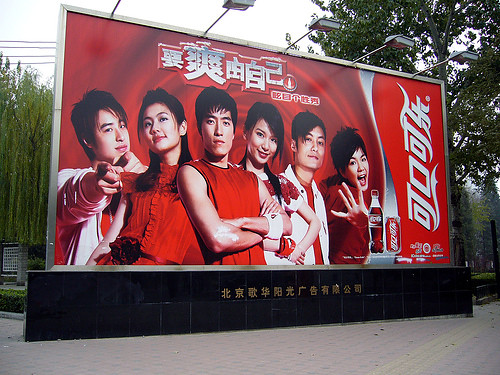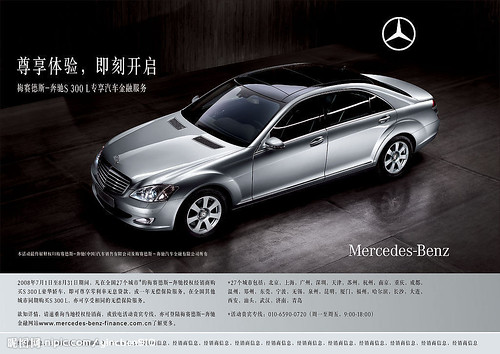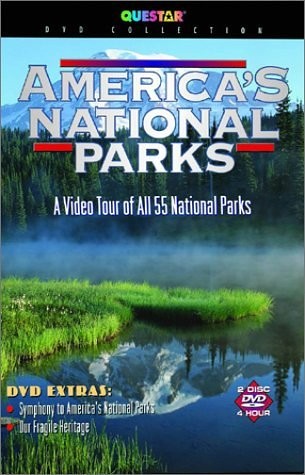For Chinese speakers, they represent the examples of best translation. The Chinese translations for Coca Cola is 可口可乐 (pronounced as: ke-kou-ke-le), which means delicious and cheering. The truncated form Coke was simple 可乐 (ke-le), cheering.

Most Chinese speakers don't know what Mercedes is but they now Benz. The translation of Mercedes-Benz, at least in mainland China, usually leaves Mercedes out and Benz is called 奔驰 (pronounced as: ben-chi), meaning racing. Some translations do keep Mercedes, which was simply a phonetic transliteration (梅塞德斯, pronounced as: mei-sai-de-si) with no special meanings.

Yosemite in Chinese is 优山美地 (pronounced as: you-shan-mei-di), which means superior mountain(s) and beautiful field(s).

I have discussed many times regarding what constitutes good translations. To me, the full meaning of the original language is the essential. As for brands, a phonetic proximity is important as well. Besides those, if the translated language can add extra layers of wonderful meanings to merchandise brands, then the translations reach sublimity.





That's really awesome-- I particularly like Yosemite. Does Yellowstone get an equally poetic treatment?
ReplyDeleteYellowstone - no. It is 黄石 (huang-shi), means Yellow Stone.
ReplyDelete